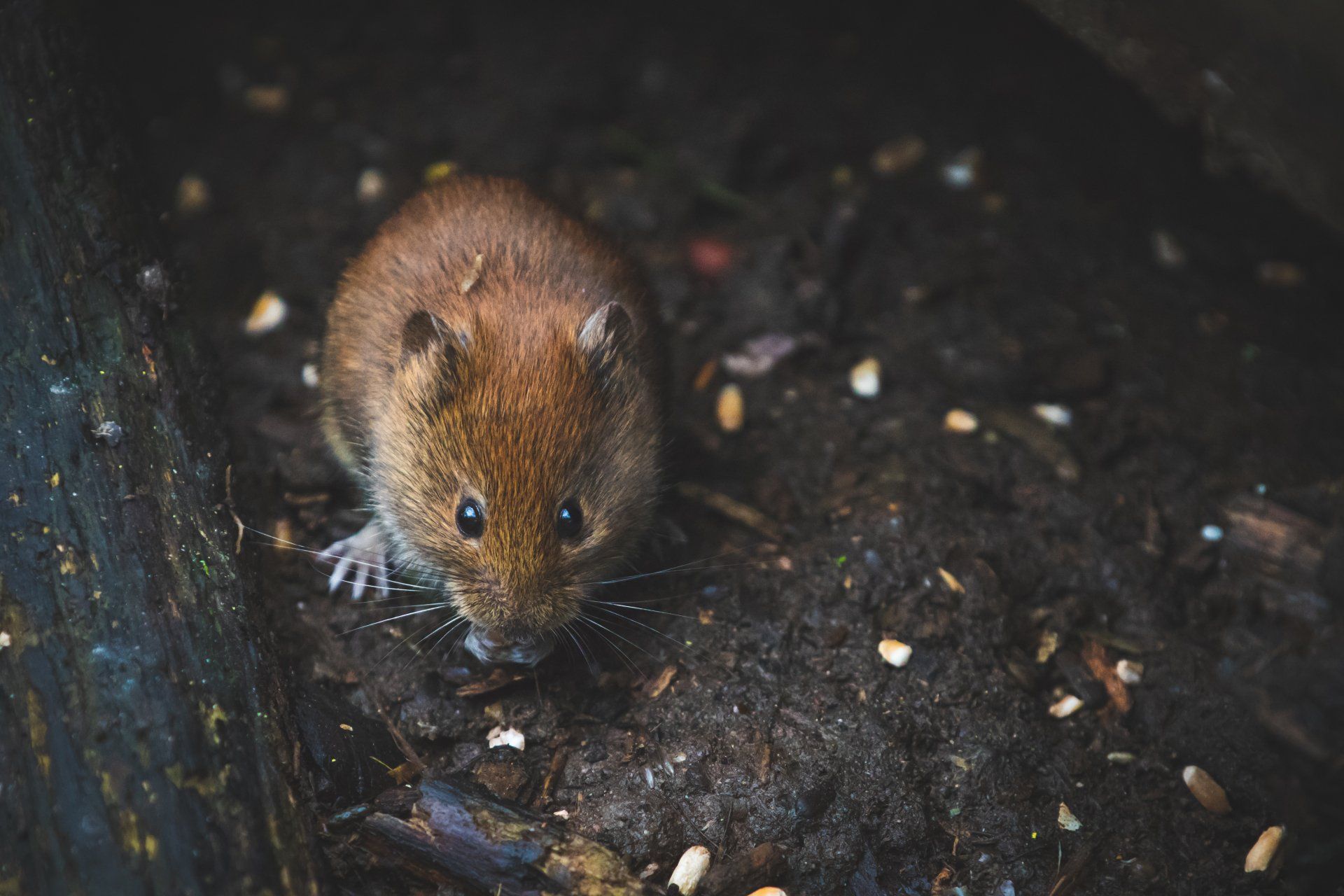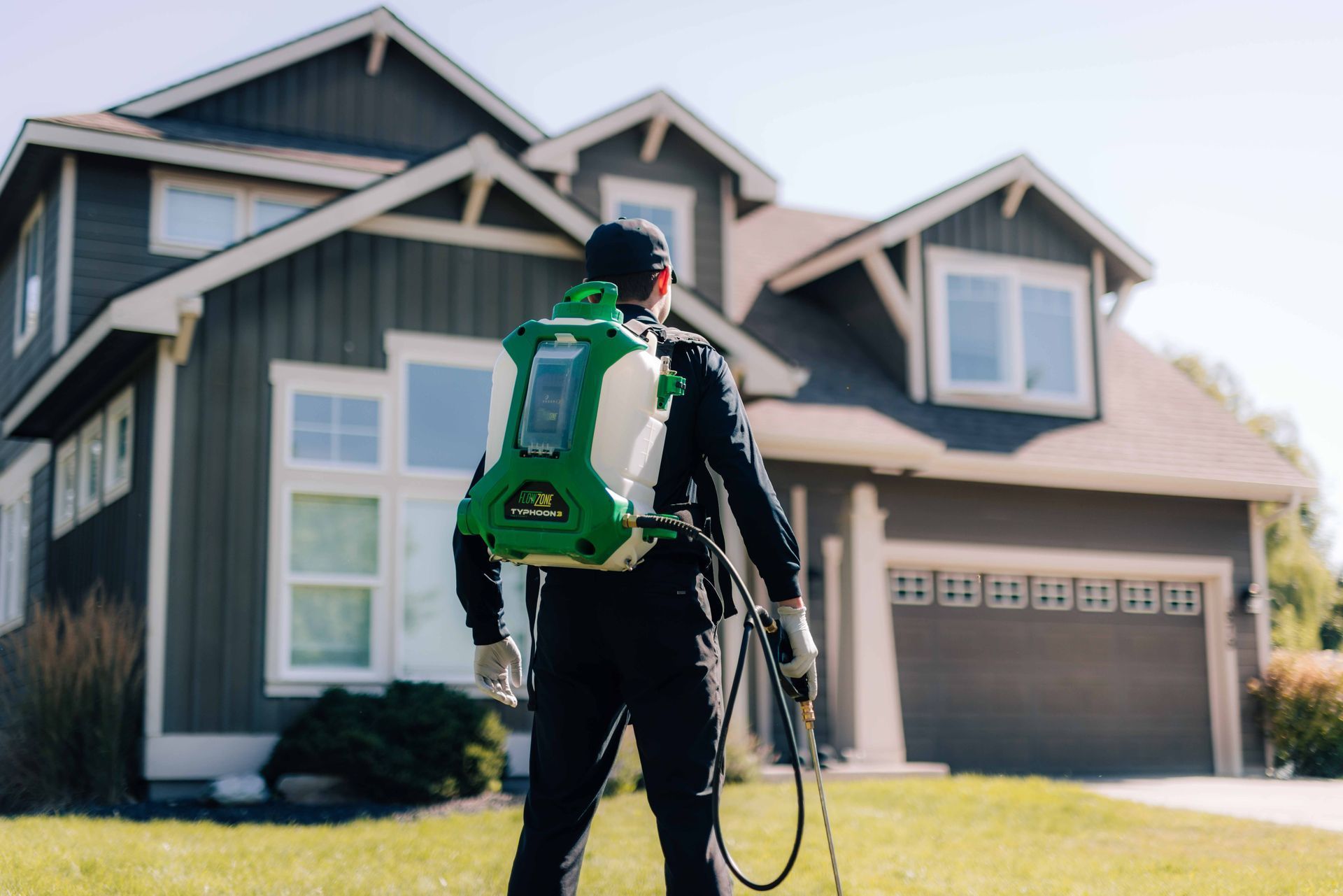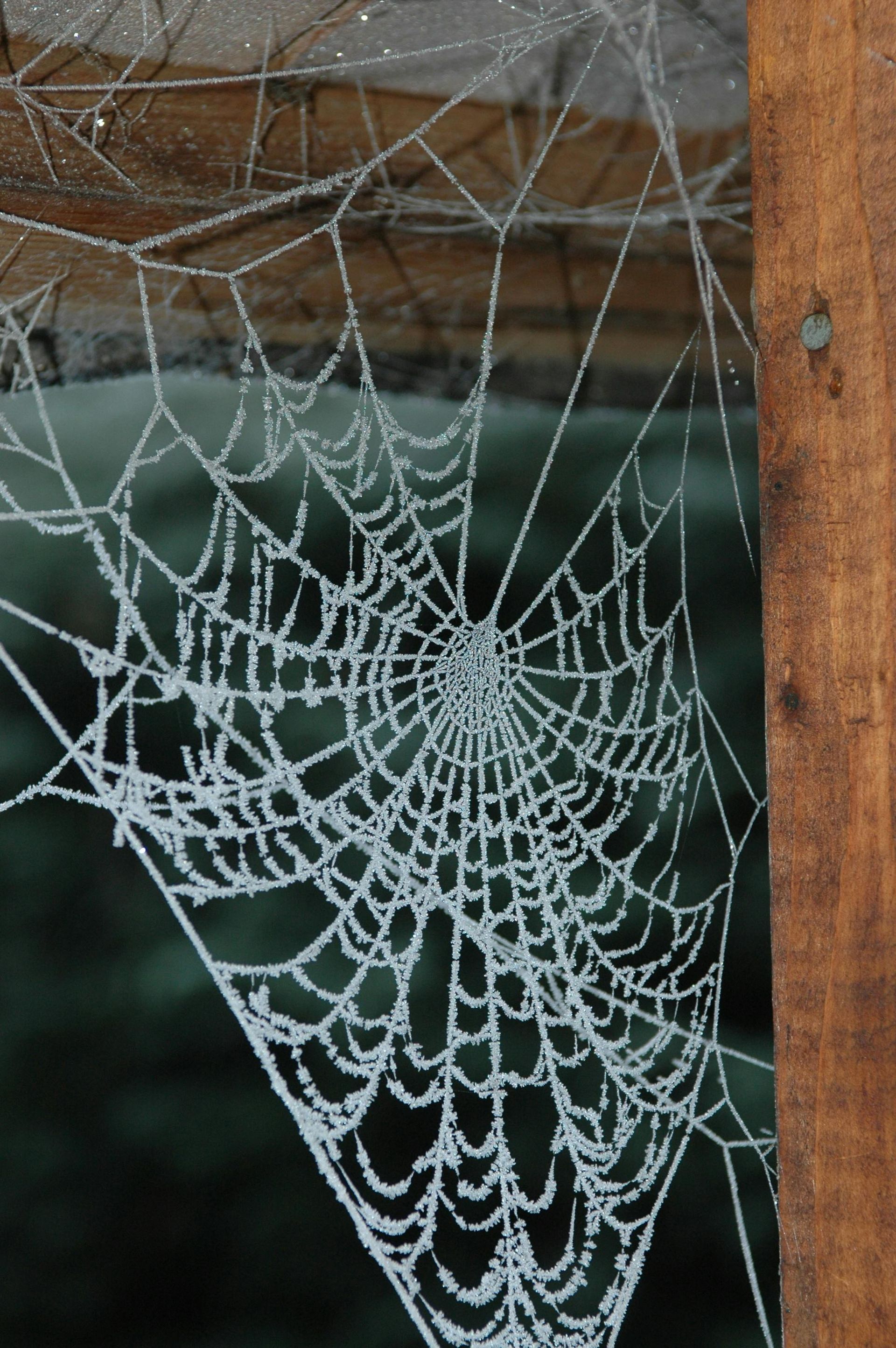How Do I Get Rid of Ants Permanently?
Proven Methods to Eliminate Ants for Good and Keep Them Out

Ants are one of the most persistent household pests, invading homes in search of food, water, and shelter. While they may seem harmless, an ant infestation can quickly grow out of control if not addressed properly. The key to permanent ant removal is understanding their behavior, eliminating the source of the problem, and using a combination of preventive measures and effective treatments. In this guide, we’ll cover how to get rid of ants permanently and prevent future infestations.
Why Do Ants Keep Coming Back?
Ants are social insects that live in colonies, often numbering in the thousands. When you see a few ants in your home, they are likely scout ants looking for food. Once they find a food source, they leave behind a pheromone trail that leads the rest of the colony straight to it. This is why simply killing the ants you see won’t solve the problem, they’ll keep coming back as long as the colony exists.
Several factors attract ants to homes, including:
- Food crumbs and spills – Ants have a keen sense of smell and are drawn to even the tiniest food particles.
- Sugary and greasy residues – Leftover food on countertops, floors, and trash bins is an open invitation for ants.
- Moisture and water leaks – Ants need water to survive, and leaky pipes or damp areas attract them.
- Entry points and cracks – Ants find their way indoors through small gaps in windows, doors, and walls.
Understanding what attracts ants helps you take proactive steps to eliminate their food sources and entry points.
Step by Step Guide to Getting Rid of Ants Permanently
1. Identify the Type of Ants
Different types of ants require different treatment methods. Some of the most common household ants include:
- Odorous house ants – Attracted to sweets and often found in kitchens.
- Carpenter ants – Can cause structural damage by burrowing into wood.
- Pavement ants – Nest in cracks and invade homes in search of food.
- Pharaoh ants – Particularly difficult to eliminate due to their multiple nesting sites.
Identifying the type of ants in your home helps determine the best treatment strategy.
2. Eliminate the Food Source
Ants will not stick around if they can’t find food. Take the following steps to make your home less appealing to them:
- Clean up crumbs and spills immediately.
- Store food in sealed containers.
- Take out the trash regularly and keep bins clean.
- Wipe down countertops, tables, and floors with vinegar or soapy water to remove scent trails.
3. Seal Entry Points
Prevent ants from entering your home by sealing up gaps and cracks.
- Use caulk to close gaps around windows, doors, and baseboards.
- Install weather stripping to seal doorways.
- Repair damaged screens and seal holes around pipes and vents.
4. Use Natural Ant Repellents
If you prefer a natural approach, several household items can repel ants:
- Vinegar and water solution – Wipe down surfaces with a 50/50 mix of vinegar and water to erase ant trails.
- Lemon juice – The acidity disrupts ants’ pheromone trails.
- Cinnamon, cayenne pepper, and coffee grounds – Sprinkle these in entry points to deter ants.
- Essential oils – Peppermint, tea tree, and citrus oils work as natural ant repellents.
5. Set Up Ant Baits
Ant baits are one of the most effective ways to eliminate an entire colony. The bait attracts ants, which then carry the poison back to the nest, killing off the colony.
- Place ant bait stations near trails, entry points, and around the kitchen.
- Be patient, baits take time to work but can be quite effective.
- Avoid using insecticide sprays near bait stations, as they can deter ants from taking the bait.
6. Use Insecticide Spray for Immediate Control
If you need to get rid of ants quickly, insecticide sprays can be used. However, they only kill the ants on contact and do not address the root of the problem. Use sprays only as a temporary solution while implementing other long term strategies.
7. Treat Outdoor Nesting Areas
Ants often nest outside and enter homes in search of food. To prevent this:
- Locate ant nests near sidewalks, driveways, and garden beds.
- Pour boiling water into ant mounds to destroy them.
- Apply outdoor ant bait around the perimeter of your home.
- Keep shrubs and branches trimmed away from your house to limit access points.
How to Prevent Ants from Coming Back
Even after eliminating ants, it’s crucial to take preventive measures to keep them from returning.
- Keep your home clean – Regularly sweep, mop, and wipe down surfaces.
- Fix moisture problems – Repair leaks and use a dehumidifier in damp areas.
- Regularly inspect your home – Check for cracks, holes, and other potential entry points.
- Maintain your yard – Keep vegetation trimmed and store firewood away from your home.
- Use residual insecticides – Spraying insecticide along baseboards and entry points can prevent ants from returning.
When to Call a Professional Pest Control Service
If your ant problem persists despite your best efforts, it may be time to call in professional pest control. A licensed exterminator can:
- Identify the specific type of ants and locate hidden nests.
- Use advanced treatments that are more effective than over the counter solutions.
- Provide long term solutions to keep ants from coming back.
Professional pest control is especially important for dealing with carpenter ants, which can cause structural damage, or pharaoh ants, which can spread bacteria.
Final Thoughts
Getting rid of ants permanently requires a combination of strategies, from eliminating food sources and sealing entry points to using effective ant baits and insecticides. While DIY methods can help with minor infestations, severe problems may require professional pest control. By taking proactive steps, you can ensure your home stays ant free all year round.
If you’re struggling with an ant problem, consider reaching out to a pest control expert for tailored solutions. Don’t let ants take over your home, act today to keep them away for good!
Would you like additional pest control tips? Let us know in the comments! 🐜🚫
FAQs About Getting Rid of Ants Permanently
1. What is the fastest way to get rid of ants?
The quickest way to eliminate ants is by using ant bait stations. Baits attract ants, which carry the poison back to the colony, eliminating the entire nest. For immediate relief, insecticide sprays can kill visible ants.
2. Why do ants keep coming back even after I clean my house?
Ants leave behind pheromone trails to guide other ants to food sources. If these trails aren’t properly removed, new ants will continue to follow them. To prevent this, clean surfaces with vinegar or soapy water and seal entry points.
3. Do natural remedies like vinegar or cinnamon really work?
Yes, natural repellents like vinegar, cinnamon, and essential oils can help deter ants by disrupting their scent trails. However, they won’t eliminate an existing colony. For long term control, a combination of baits, sealing entry points, and good hygiene is recommended.
4. What attracts ants to my home?
Ants are drawn to food crumbs, sugary spills, greasy residues, and moisture sources like leaky pipes. Keeping your home clean and dry reduces the likelihood of an infestation.
5. Should I kill the ants I see, or let them take the bait?
It’s better to let ants take the bait back to their colony rather than killing them immediately. Spraying or squishing ants may only remove the ones you see, while baiting ensures the colony is eliminated at its source.
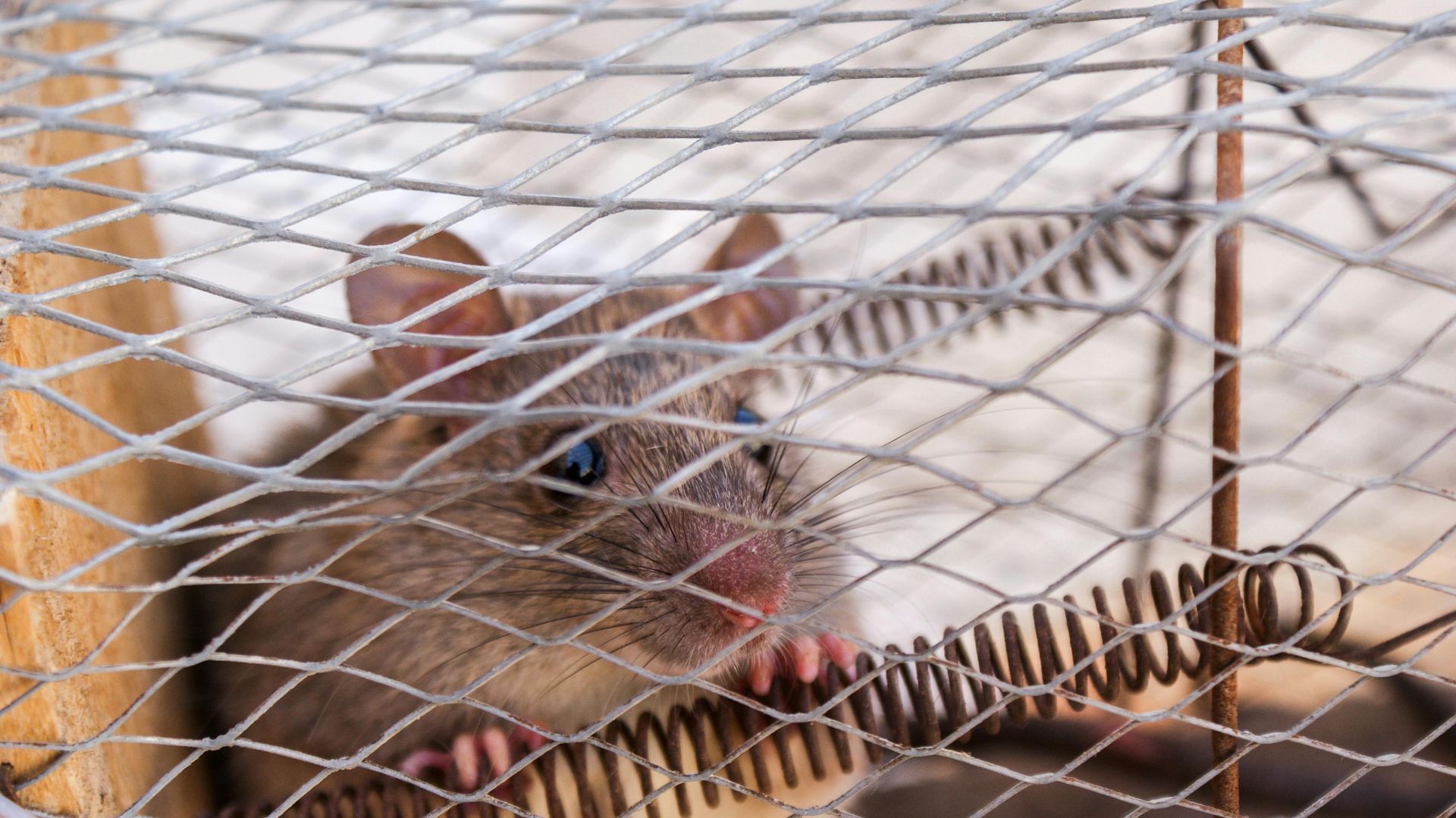
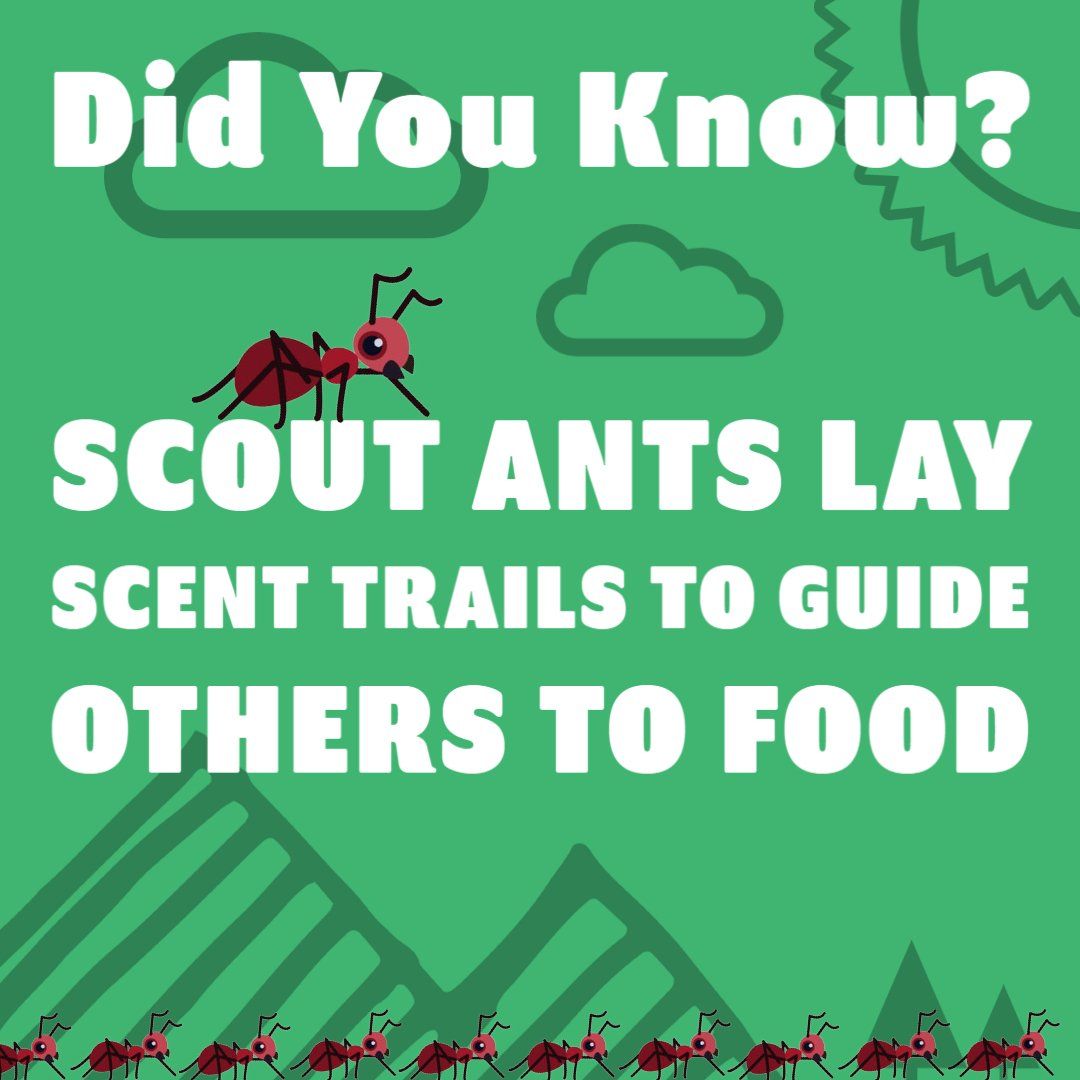
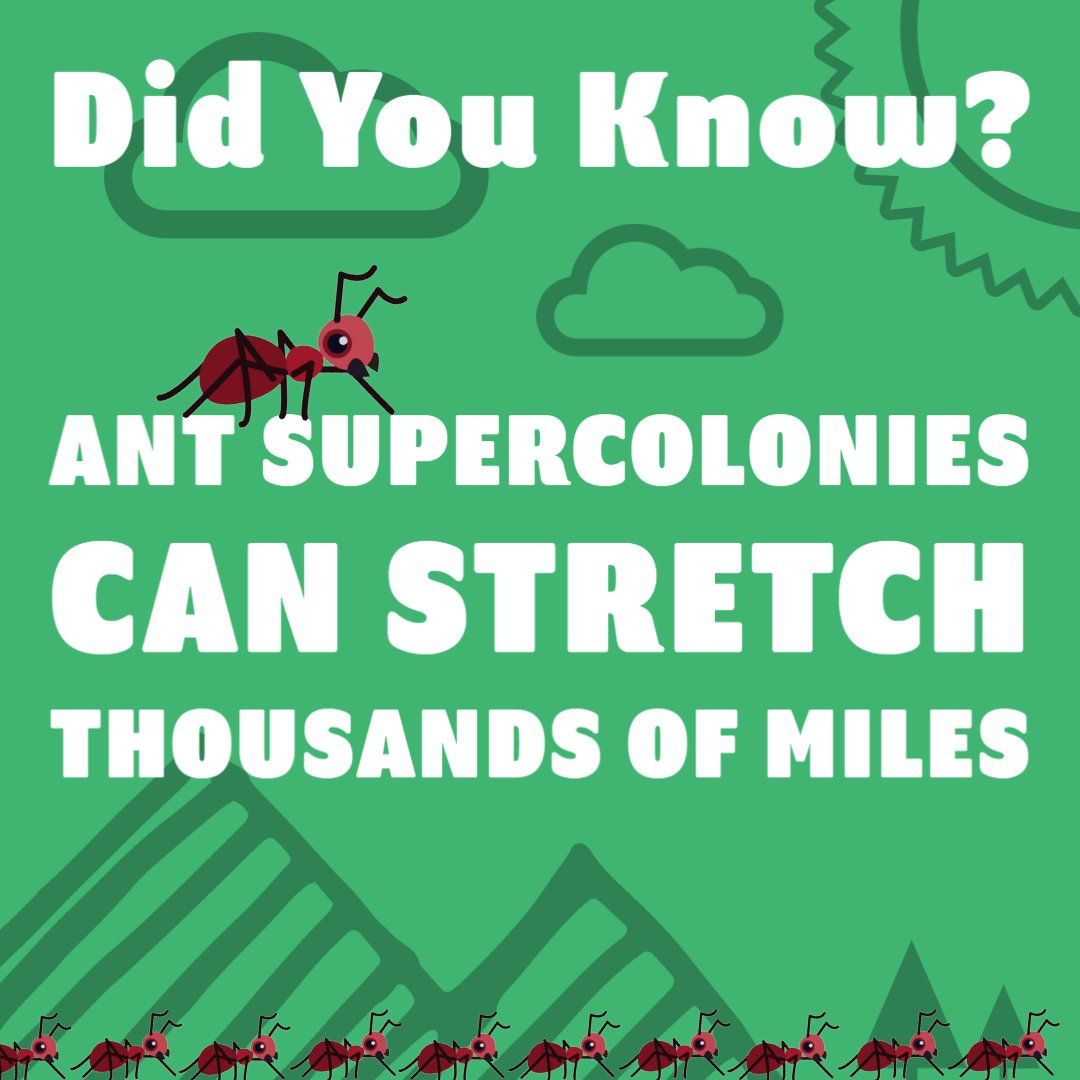

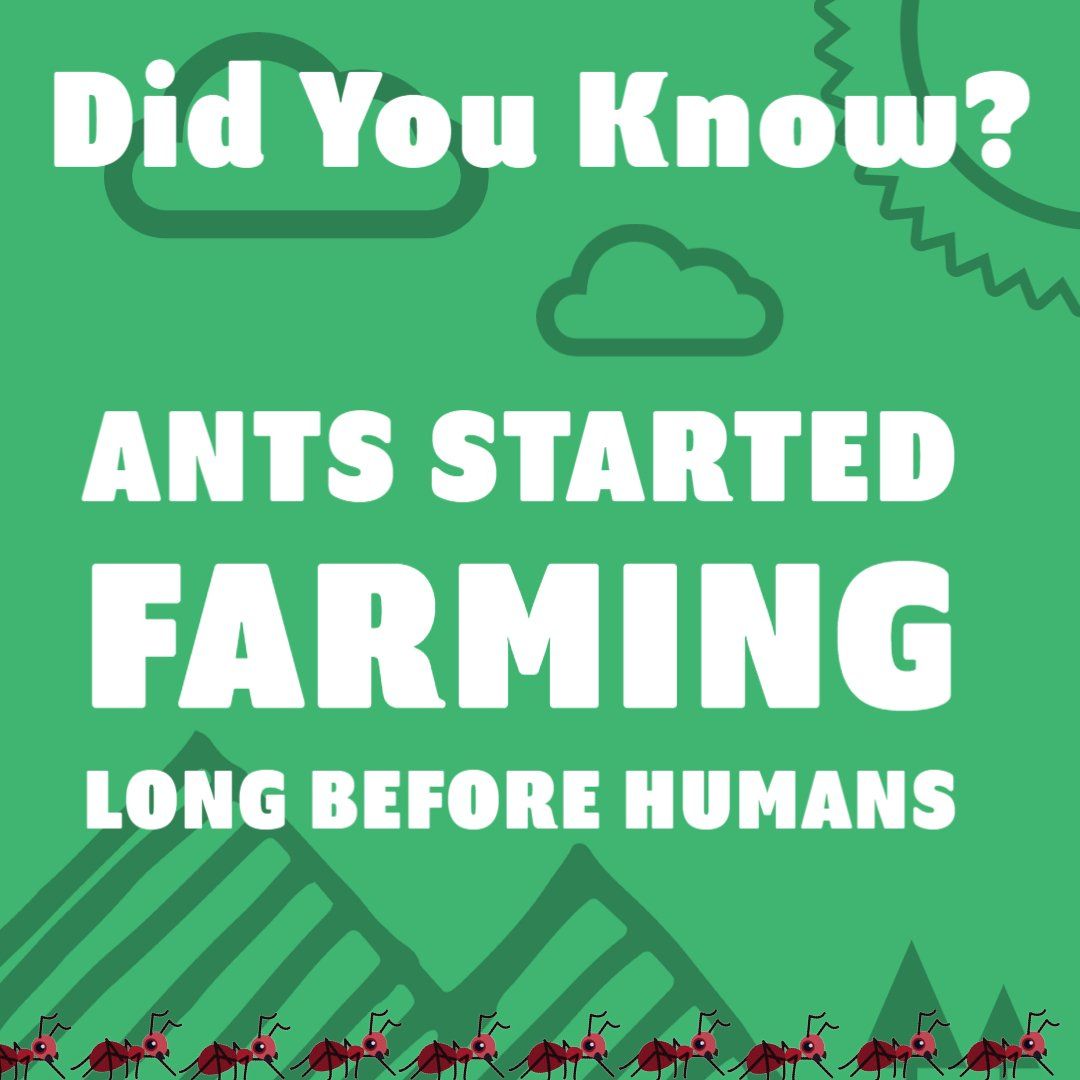
Contact
Weekdays
9 AM - 5 PM
Saturday
9 AM - 5 PM
Sunday
Closed
All Rights Reserved | Organix Pest Control

